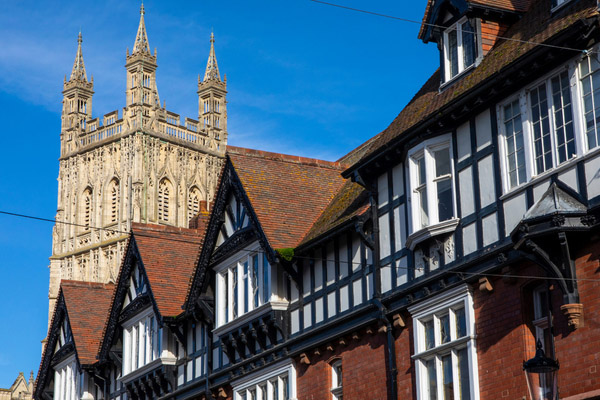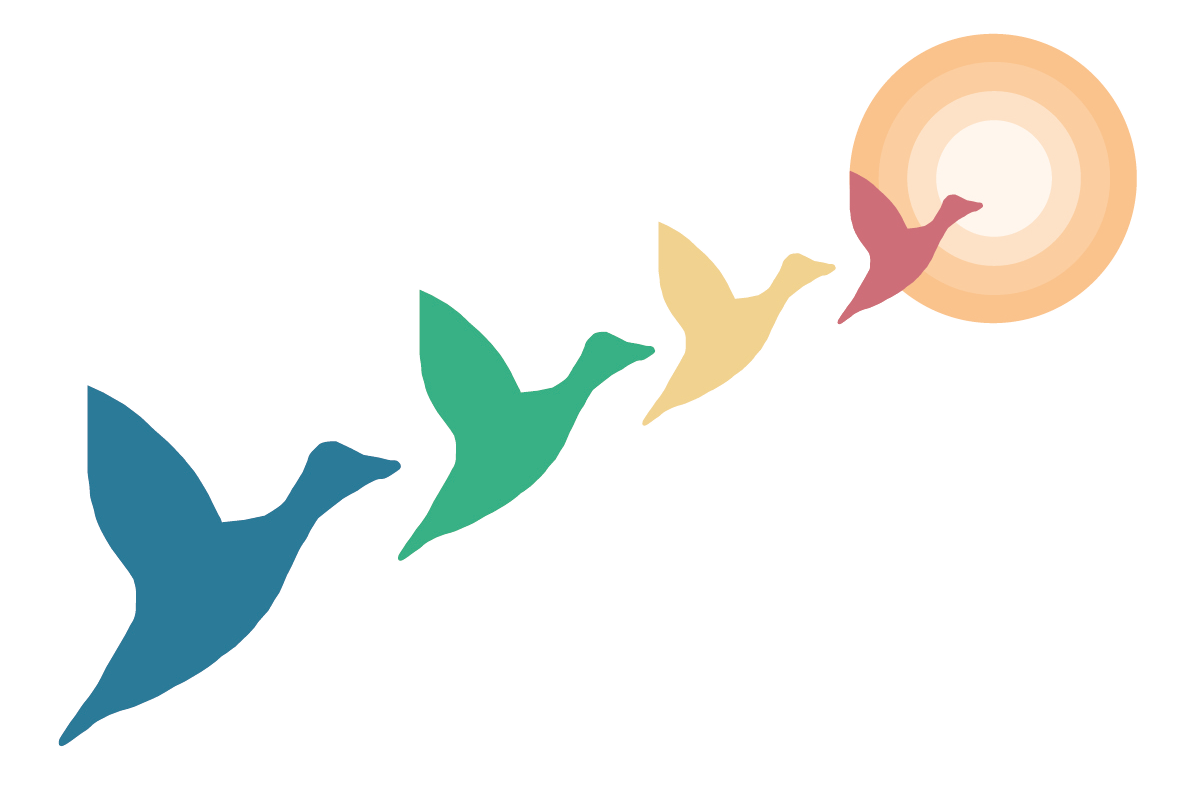
Introduction
As news of the Pandemic broke, we were contacted by Gloucester Culture Trust to talk about different ways in which arts, culture and heritage organisations across Gloucester could be supported in what was the most unprecedented global event for generations.
There was an opportunity to upskill those within marketing and communications roles across the city. Although Gloucester championed a number of flagship heritage attractions, staffing teams were small and many were new to their roles. There was also a need amongst those in marketing and comms roles to feel a sense of community and solidarity in challenging times.
Developing bespoke training
In response, Flying Geese shaped a training programme which was open to anyone in an arts, heritage or cultural organisation across Gloucester who had marketing or communications within their job responsibility. Training sessions included:
- Gloucester’s audiences – who are they?
- The importance of organisational buy-in
- Understanding your brand
- Understanding your market
- The importance of research
- Writing a marketing strategy
- Writing a communications strategy
- Measuring impact
These sessions were delivered every fortnight on Zoom, and blended teaching with breakout sessions, workshops and networking opportunities, so that participants had the opportunity to talk about their organisations and build a sense of community.
Offering consultancy
We also offered 6 organisations (identified by Gloucester Culture Trust) 2 days each of bespoke consultancy, so those who needed extra support implementing the learning, could have bespoke coaching, mentoring, consultancy, or hands on implementation support afterwards to ensure they felt empowered to make real differences to their practices.
Legacy and Impact
As a result of this city-wide training programme, participants were offered teaching in marketing and audience development, often for the first time. They developed strategic thinking skills which enabled them to better plan, better target and better implement their campaigns, as well as gaining new practical skills which they could use on a daily basis which would help them optimise the engagement and results of campaigns.
Participants also benefited from being part of a community of other delegates and were able to build cross–city partnerships which, in turn, improved Pandemic communications holistically across the city.
